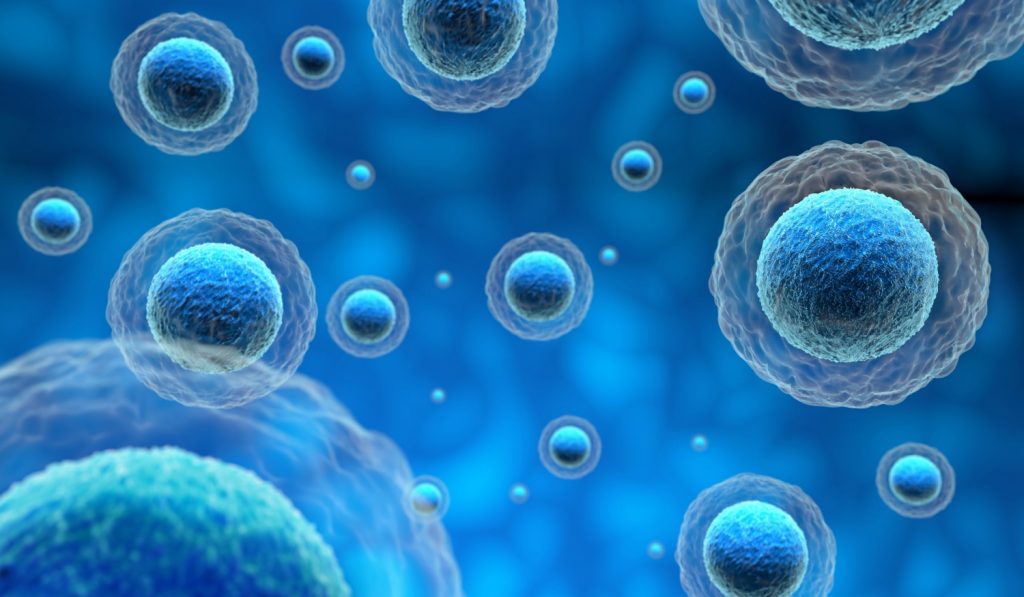
The Yamanaka factors (Oct3/4, Sox2, Klf4, c-Myc) are a group of protein transcription factors that play a vital role in the creation of induced pluripotent stem cells (cells that have the ability to become any cell in the body), often called iPSCs. They control how DNA is copied for translation into other proteins.
They are sometimes referred to as (OSKM genes). In 2006, Professor Shinya Yamanaka generated iPS cells from human adult fibroblasts, and, having started with 24 transcription factors known to be important in the early embryo, he and his research team whittled that down to 4 key transcription factors – Sox2, Oct4, Klf4 and c-Myc.
The factors are highly expressed in embryonic stem cells, and their over-expression can induce pluripotency in human somatic cells. These factors regulate the developmental signalling network necessary for embryonic stem cell pluripotency.
Yamanaka factors are often used to transform an adult cell into induced pluripotent stem cells; these have become important tools in longevity research, but they are a double-edged sword, as over-exposure can lead to a cell’s identity being erased.
The discovery of the Yamanaka Factors and the ability to generate iPSCs has had a significant impact on the field of aging research and the development of therapies for age-related diseases. By generating iPSCs from adult cells, researchers are able to create an “unlimited” supply of cells for use in regenerative medicine, drug development, and the study of cellular aging.
In 2012, Yamanaka (with John Gurdon) was awarded the Nobel Prize for Physiology or Medicine for the discovery that mature cells can be converted to stem cells, and in 2013 he was awarded the $3 million Breakthrough Prize in Life Sciences for his work.
Using the Yamanaka factors could allow us to make the clock tick backwards, moving from aging research to epigenetic rejuvenation research.
More stories about Yamanaka factors:




